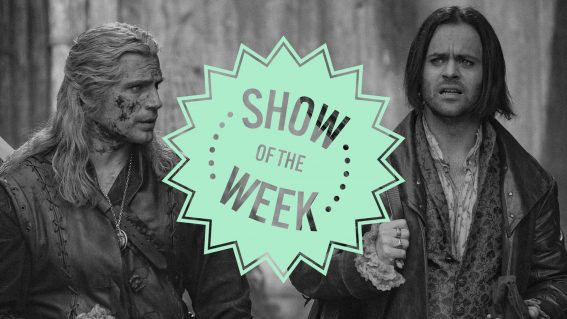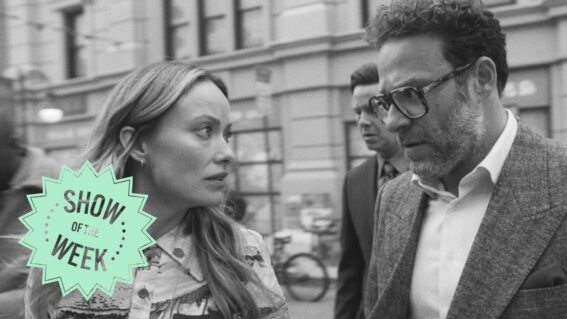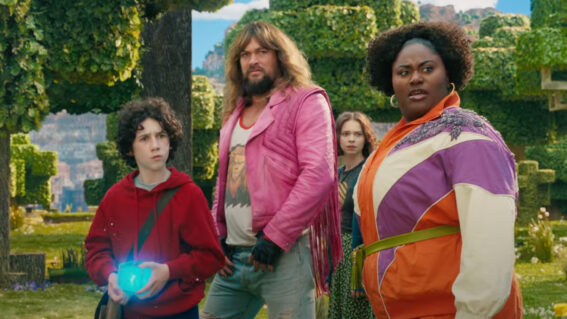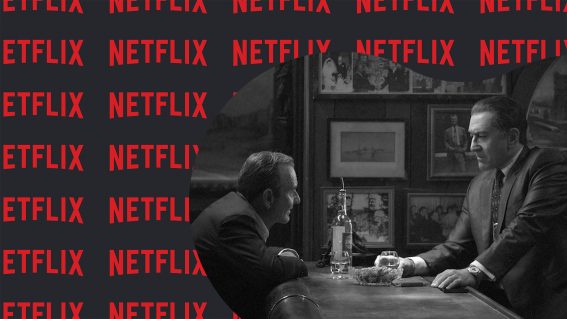In genius dramedy Beef, rage is the only way for isolated characters to connect

We’re all drowning in content—so it’s time to highlight the best. In her column published every Friday, critic Clarisse Loughrey recommends a new show to watch. This week: Netflix’s Beef, which stars Ali Wong and Steven Yeun as strangers caught up in a life-ruining petty rivalry.
Beef, which sees Netflix earn a little street cred by teaming up with A24, is a genius show founded on a humiliating truth. We can make as much sad and beautiful art about trauma as we like—about the wounds we carry with us, or the anger that breeds righteous justice or liberating madness. But, really, when we scream and tear our hair out, it’s all simply a desperate cry to be seen. Each of us is as fragile as a toddler with their arms held out to their parents, begging to be held and comforted and told that everything will be alright.
It’s an idea that series creator Lee Sung Jin nimbly explores over the course of his 10-part series, in half-hour episodes that veer seamlessly from subtle human psychology to hallucinations ripped straight from the pages of a fairytale. It starts with a familiar event—a near-collision in a home goods store car park that explodes into full road rage. Danny (Steven Yeun) and Amy (Ali Wong) pummel their vehicles through the LA suburbs, flipping the bird and tearing up a few well-manicured lawns. By the final episode, it’s hard to believe their rivalry could have been ignited by something so simple.
The most exhilarating thing about Beef is how it both engages with and validates the most straightforward explanations for Danny and Amy’s mutual wrath, while also picking at those scabs to see if there’s something underneath. Perhaps there’s no single, armchair diagnosis that can fully capture an emotion that actually feels more primal in nature, more cosmic even—a loneliness at the very root of the human condition.
Certainly, Danny and Amy are at either end of a Cold War of the classes. The former is a contractor desperately trying to scrape together the funds to build his parents a home, while caring for his younger brother (Young Mazino) and a cousin (David Choe) who’s fresh out of prison and partially responsible for the family’s current, precarious position. Amy, on the other hand, married into wealth, and is about to sell her plant business for millions of dollars.
Danny, meanwhile, immediately assumes his fellow road rager is a man, and there’s a subtle, but palpable touch of misogyny to his later actions. Amy’s material comforts can only truly be understood as the result of a life-long, soul-crushing performance of capability. She smiles when her white potential buyer (Maria Bello) reels off a few microaggressions. She smiles on the pages of magazines, presenting herself as the perfect mother to a daughter she barely has time to spend with. She smiles on conference stages, promising: “You can have it all, you really can”.
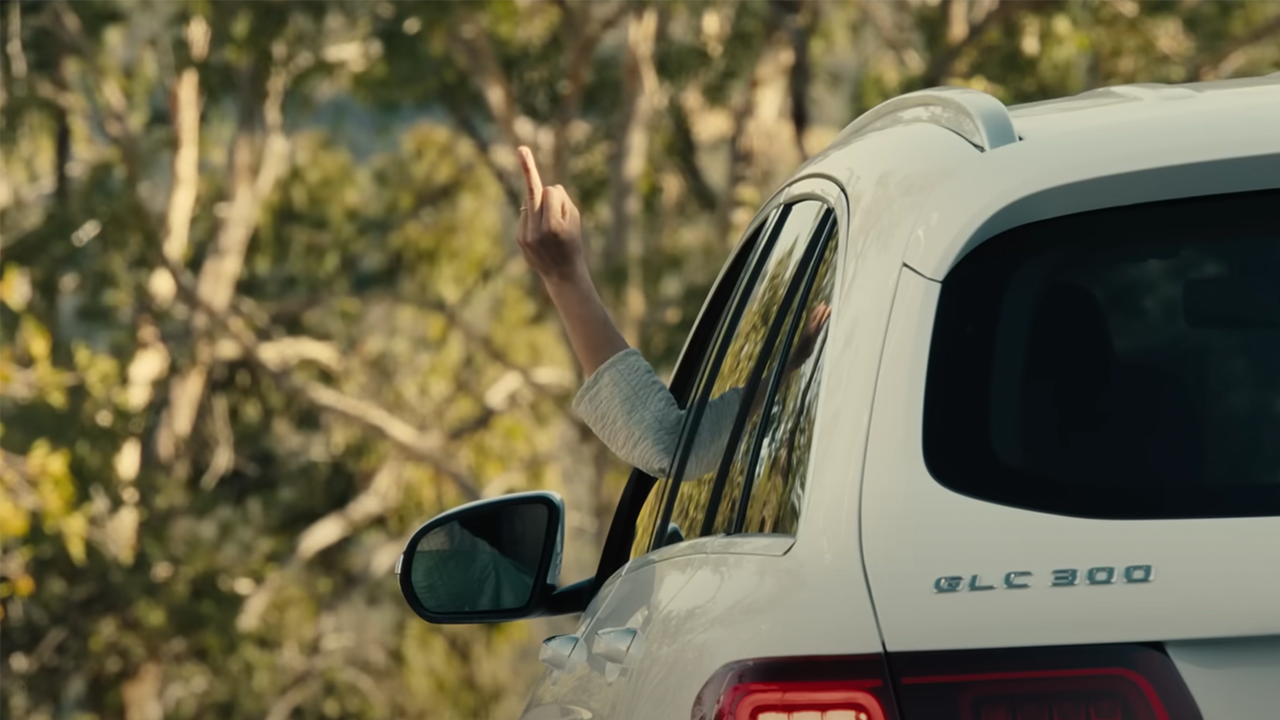
Meanwhile, her phone reels off text after text after text, from people perpetually demanding things from her because she’s made the mistake of presenting herself as stable and imperturbable. She’s not. Both Danny and Amy can see, too, how they’re shaped by the sacrifices of their immigrant parents—the rage their forebearers suppressed and passed on to their children, because it was their only means of survival. Amy mentions how her mother, who emigrated from Vietnam, “thought talking about your feelings was the same thing as complaining.”
But there’s also a curious ease with which Amy and Danny can reel off these rationales for their behaviours, as if they were well-rehearsed monologues. What they say is true, and hard for any single person to bear, but it also doesn’t quite explain how intoxicatingly drawn to each other these people are. When Amy chases Danny down the street, he’s grinning like a goof. When he leaves her abusive voicemails, she hides them and listens to them in private as if they were love letters. They devour each other’s hatred in the same way Danny stuffs Burger King chicken sandwiches down his gullet like a seagull whenever he’s sad.
It’s a compulsion. It’s nourishment. It’s destruction. All at the same time. But anger, whatever its individual qualities, is still a way to connect to each other in a profoundly isolating world.




